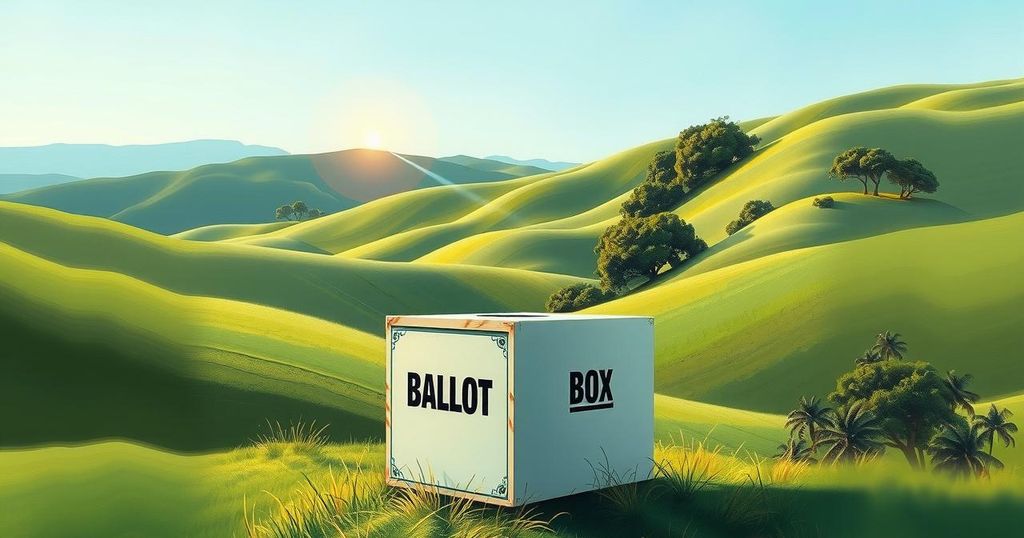Burundi Votes But Faces Opposition Weakening in Election
Burundi recently held elections for a new parliament, anticipated to solidify ruling party control, as key opposition leaders were barred from running. This reflects the country’s ongoing issues with political repression and instability, fueled by a long history of ethnic violence and authoritarian governance.
On Thursday, voters in Burundi took to the polls to elect a new parliament. This election, however, is expected to further entrench the ruling party’s dominance, particularly after several key opposition leaders were effectively barred from participating. Observers note that the political landscape appears heavily tilted in favor of the current administration, raising concerns about the state of democracy in the nation.
Burundi, a small, landlocked country in East Africa, has faced decades of turmoil, including ethnic conflict, civil war, and enduring authoritarian regimes. The current political atmosphere has raised flags about the viability of fair representation. The lack of opposition candidates has many residents worried about the implications for governance.
As citizens cast their ballots, questions linger over the legitimacy of the electoral process. Many international observers are watching closely, but the barriers facing the opposition may severely limit any chance for appreciable change within the political system. The ruling party is expected to leverage this election as a means to tighten its grip on power.
Amidst this backdrop, the vote symbolizes not just a parliamentary selection but also the ongoing struggle of Burundians for democracy and stability. The opposition’s silencing points towards a troubling narrative about political repression in this historically volatile region. The hope for a more inclusive political arena seems distant with such constraints on candidates.
Residents express mixed feelings about the current situation, with some feeling resigned. They wonder about the next steps for their country if the status quo persists. This election could very well shape the future course of Burundi, but under these circumstances, many question whether real progress can be made.
In summary, the recent elections in Burundi are marred by the absence of significant opposition, leading to concerns about democratic integrity. With ruling party monopolization continuing in the wake of barred candidates, the political environment remains fragile and challenging for Burundians who seek reform. International observers will undoubtedly be monitoring the developments in this impoverished nation as it faces ongoing issues of governance and civil liberties.
Original Source: www.news-shield.com




Post Comment